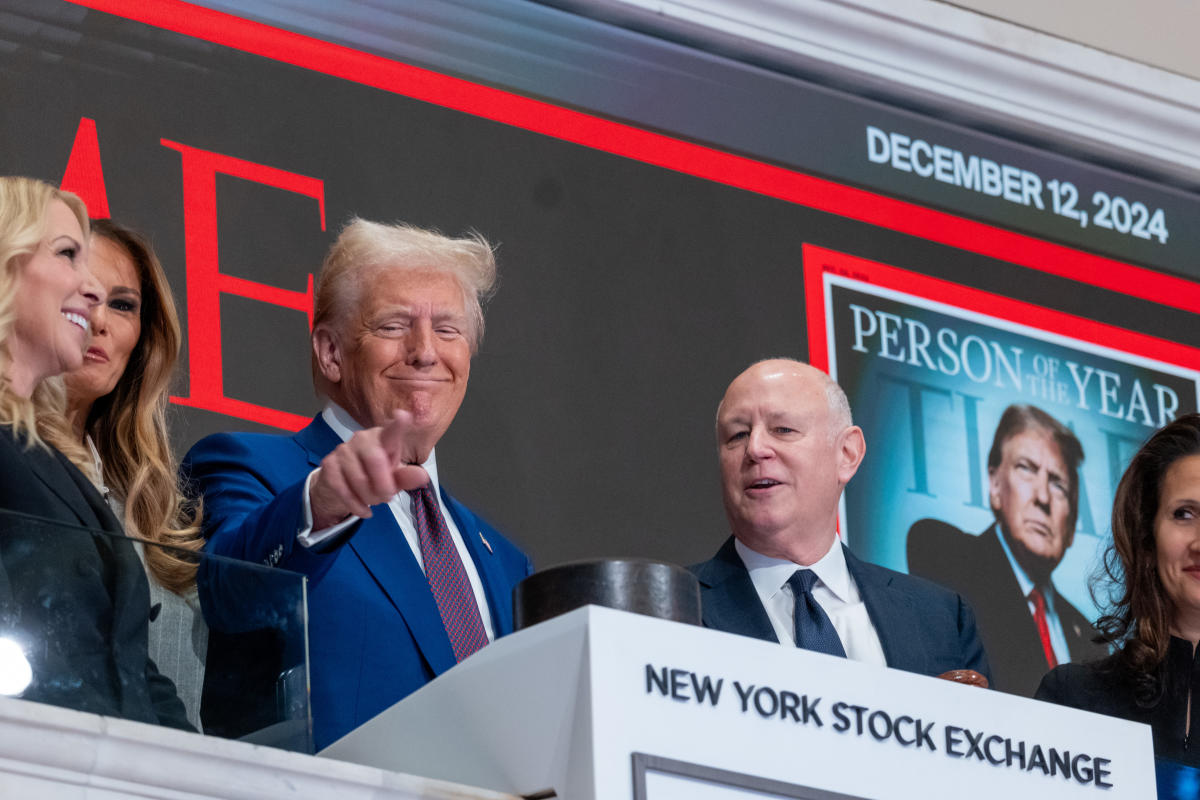Market Tremors: Indonesian Financial Landscape Shaken by Unexpected Ministerial Departure

Indonesia's financial markets experienced a significant tremor on Tuesday, as a government bond auction revealed tepid investor enthusiasm and stock markets witnessed their largest capital exodus since April. The sudden dismissal of Finance Minister Sri Mulyani Indrawati sent shockwaves through the investment community, dramatically dampening market sentiment.
The unexpected leadership change at the Ministry of Finance triggered immediate investor uncertainty, causing a notable pullback in both bond and equity markets. Investors, typically sensitive to abrupt governmental shifts, responded by withdrawing funds and adopting a cautious stance towards Indonesian financial instruments.
The bond auction's weak demand signals potential concerns about the country's near-term economic stability and policy continuity. Meanwhile, the substantial stock market outflow underscores the broader market's unease with the ministerial shake-up, reflecting a broader hesitation about the potential implications of this unexpected administrative change.
Market analysts are closely monitoring the situation, watching for signals about how this leadership transition might impact Indonesia's economic trajectory and investor confidence in the coming weeks.








